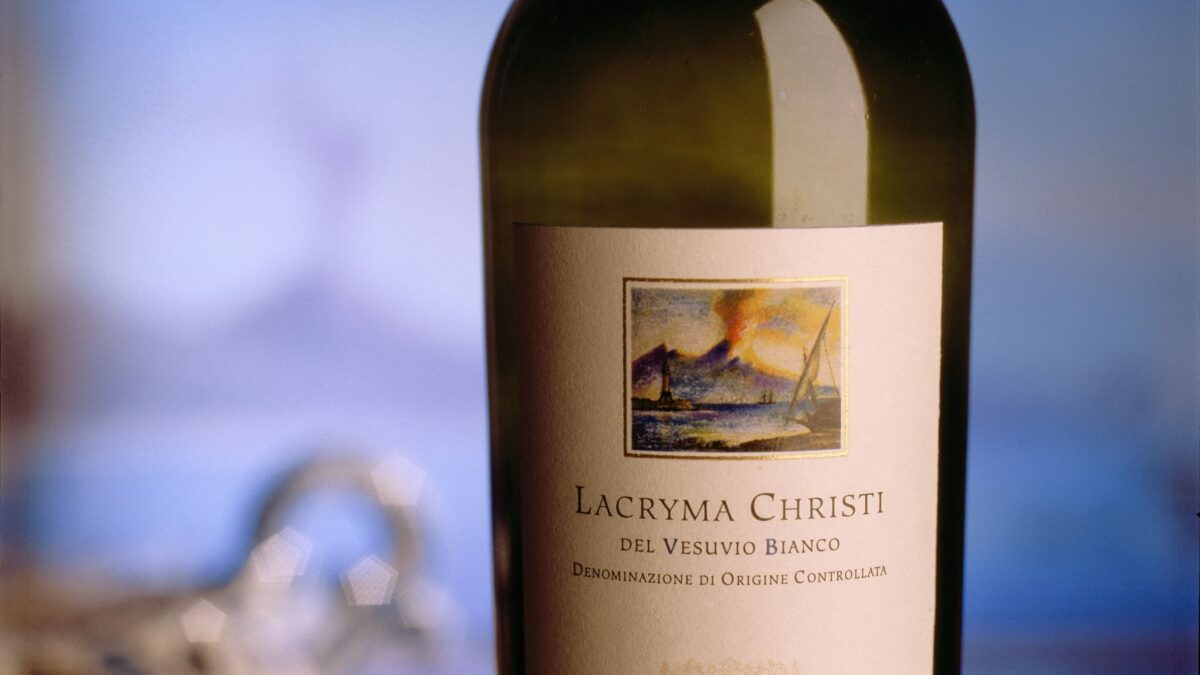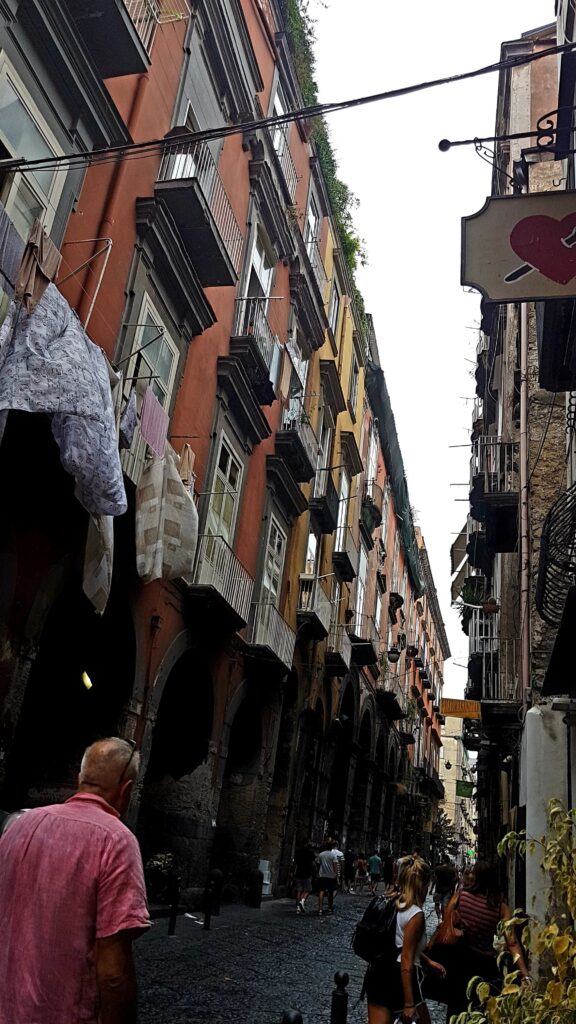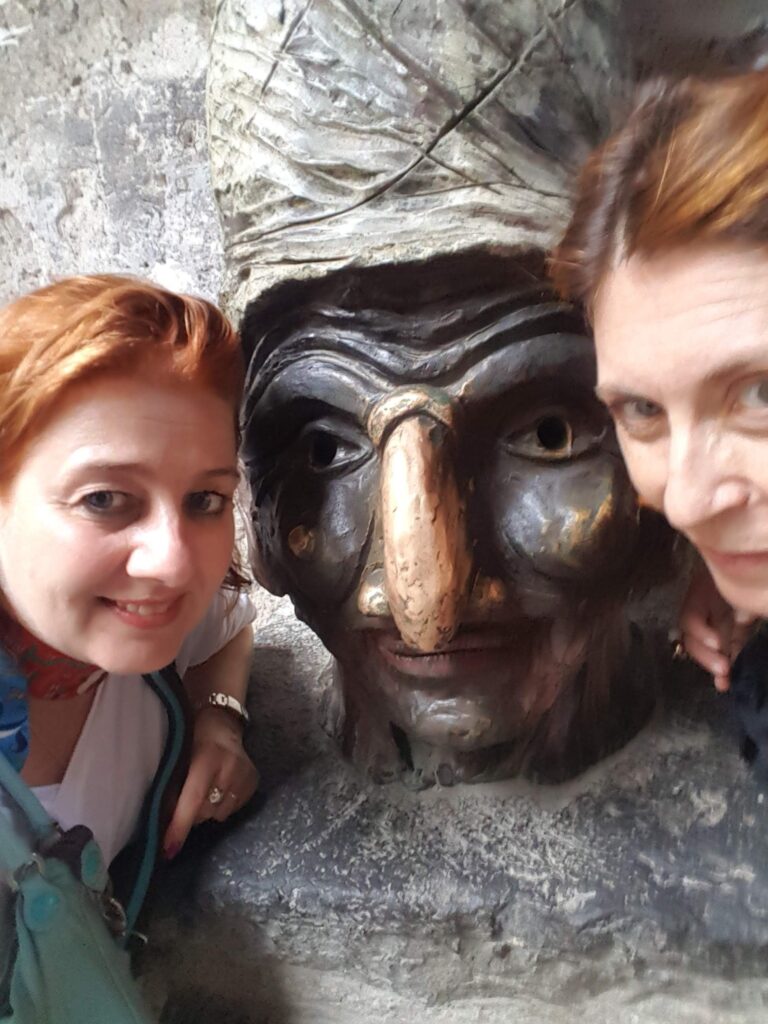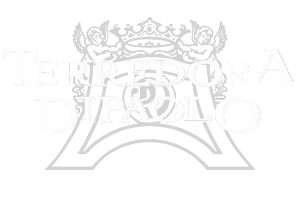
Pulcinella is not only the Carnival mask in Naples, but it is a symbol like its monuments and typical recipes.
For somebody, Pulcinella’s origins date back to the Latin Comedy, but the most popular origins tell us this mask takes the name from a chick for the shape of his nose or from a certain Puccio d’Aniello, farmer from Acerra, who, fed up with hard work in the fields, joined himself to a company of vagabonds.
In Seventeenth century, Silvio Fiorillo, an actor from Capua, introduced, into the “Commedia dell’Arte”, Pulcinella with the well-known features today: a long white cloth hat and a black mask on the face, which covers only the eyes and highlights the curved nose; the mouth is always open to eat something or to chat.
In fact, Pulcinella is popular to be always hungry and chatty.
Who has never heard the expression “Pulcinella’s secret”?
Pulcinella is, therefore, the mask of dualism and polymorphism: he is a simple man, but capable of reinventing himself – today he is a cheat, tomorrow he is a farmer, then someone else – while he looks for ways to survive around the narrow streets.

Pulcinella is contradictory, smart, crafty, apparently happy, melancholy deep inside, in other words he is all the nuances of city sleeping in the shadow of Vulcano’s.
If you go around the city of Naples you will feel the spirit of Pulcinella everywhere and you will also find his effigies.
The most famous is in Vico Purgatorio dei Decumani.

After taking a nice photo, we suggest that you end your visit to the Decumani by eating a marinara pizza and drinking a glass of Lacryma Christi del Vesuvio Bianco Doc Terredora.



